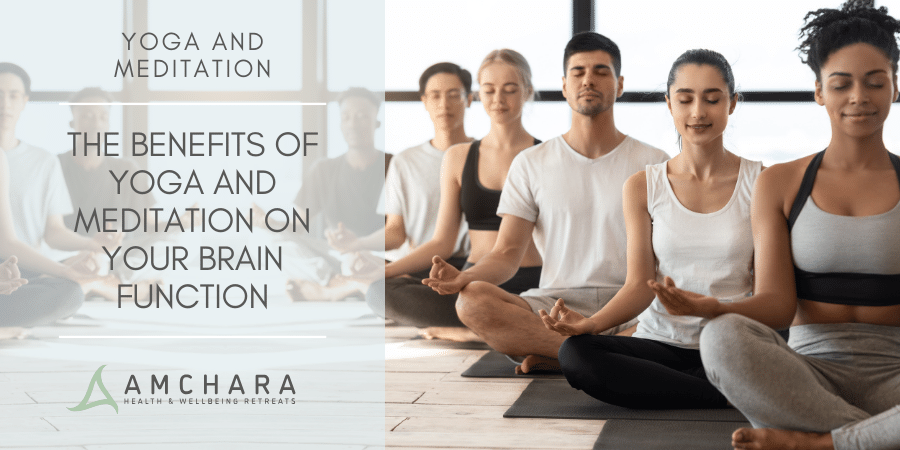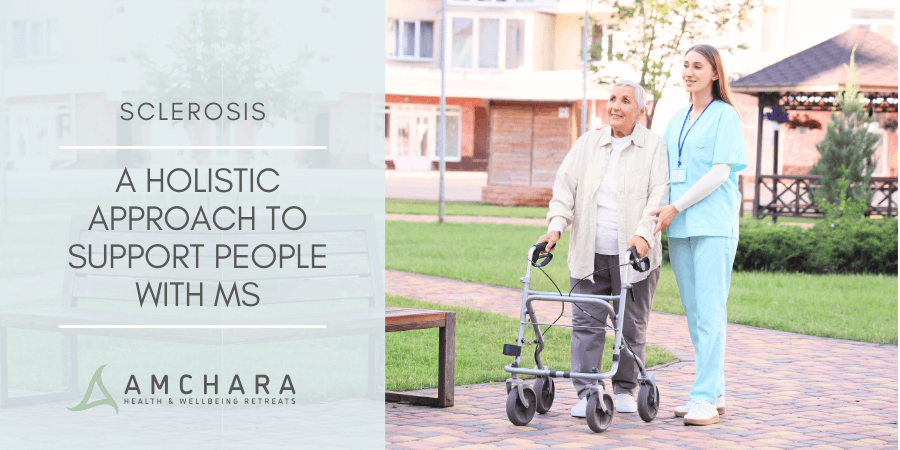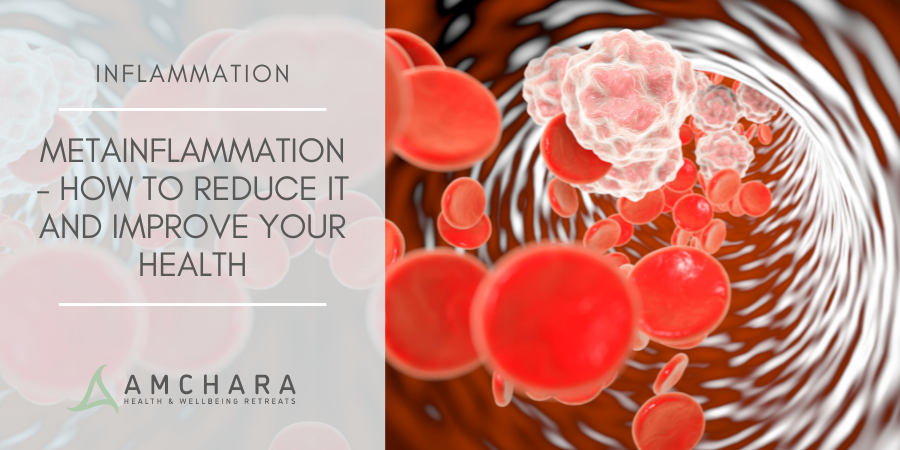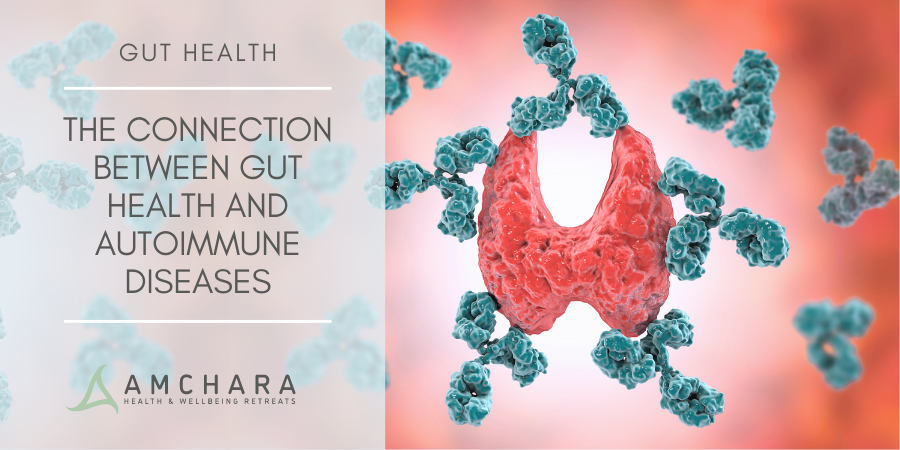Your Brain & Yoga | Does It Work? | Yoga and Brain Plasticity | Helpful Resources
Yoga and meditation are well known to be great stress relievers.
Practised regularly, they improve strength, flexibility and promote mindfulness.
Although they date back thousands of years, science is only now finding they can actually change your brain.
Recent studies on people with mild cognitive impairment concluded practicing yoga and meditation significantly reduces the chance of developing Alzheimer’s disease and dementia – and this was reflected in changes to the brain’s hard-wiring.
According to the UN, more than two billion people worldwide will be over 60 years old by the year 2050.
Mild Cognitive Impairment, or MCI, affects between 10 – 20% of world populations.
The symptoms of MCI include increasing forgetfulness that can’t be put down to simply ageing, forgetting appointments and anniversaries, losing the thread when speaking, and trouble navigating around familiar environments.
People with MCI are over twice as likely to develop Alzheimer’s disease or dementia. It can be thought of as a continuum between normal ageing and Alzheimer’s Disease.
Memory training is considered the gold standard technique to protect brains with MCI from deteriorating further.
It includes various different components including education about memory loss, relaxation training, memory skills training and cognitive restructuring for memory related thought patterns and beliefs.
Around 10% US population now use yoga as a stress reduction therapy, but to date yoga’s broader effects on the brain and body have not been widely scientifically studied.
Brain training vs Yoga and Meditation
One study looked at 25 participants over the age of 55 who had reported memory problems such as misplacing items, and forgetting faces, appointments and names.
Over a 12-week period, eleven participants took part in a weekly, one-hour memory enhancement training session.
They also did memory exercises such as crosswords and computer brain-training activities for 20 minutes per day.
The reminder of the participants took a one-hour class once a week in Kundalini yoga and practiced Kirtan Kriya meditation at home for 20 minutes daily.
Kundalini yoga is called the ‘mother of all yoga’, and was brought to the West in 1969.
In Sanskrit, Kundalini means ‘coiled serpent’, referring to a reserve of untapped potential inside us.
Practitioners of Kundalini yoga believe this energy is located around the sacrum. This discipline of yoga employs a wide range of dynamic breathing exercises, movement, changing and meditation.
Kirtan Kriya meditation involves chanting, hand movements and visualisation of light. It is traditionally used to prevent cognitive decline in India.
Advocates of Kirtan Kriya state it improves blood flow to the brain, and brings body, mind and emotions into balance with each other. In Sanskrit, Kirtan means song, while Kriya means a specific set of movements.
The meditation uses the primal sounds, which are Saa, Taa, Naa and Maa.
YouTube Video by: Nina Mongendre | [11:30 min] 219,012 views
They are chanted and whispered in order, repeatedly at different volumes, in sequence with corresponding finger movements, called ‘mudras’.
Acupuncturists believe the act of putting your tongue on the roof of your mouth while making the sounds may stimulate many acupressure points on the upper palate, which then send signals to the brain.
The finger movements are believed to activate the brain’s occipital lobe, which improves vision and clarity.
All this leads to increased blood flow to areas in the motor-sensory regions of the brain, helping us to think better. Interestingly, replacing the Kirtan Kriya sounds with other sounds, or replacing the meditation with other relaxing tasks has not been found to be effective.
If you’d like to practice Kirtan Kriya , as little as 12 minutes a day has been found to be beneficial.
The results of the study were surprising.
Yoga and meditation were broadly comparable to memory training exercises when it came to improving memory.
The researchers saw similar improvements in verbal memory in both groups, such as remembering names and lists of words, but the yoga group saw more improvements in visual-spatial memory skills, such as recalling locations and navigating.
Not only this, but by using pre- and post-study MRI scans, researchers found both groups showed improved brain connectivity.
However, those in the yoga and meditation programme showed significantly more improvements in brain connectivity in comparison to those participants in the memory enhancement programme.
As an added bonus, the yoga group saw more benefit than the memory training group because yoga and meditation also helped with mood, anxiety and coping skills – meaning better resilience to stress. This is important, because coming to terms with cognitive decline is very difficult and can often lead to depression.
Can Yoga Increase our Grey Matter?
Other studies have also thrown up interesting results.
One study looked at the effect of Hatha Yoga and stretching/strengthening exercises on memory in older adults.
The researchers found after 8 weeks the participants reported improved memory and a better efficiency of mental set-shifting, which is the ability to unconsciously shift attention from one task to another. The ability to perform this task has been found to be correlated with the amount of grey matter in the brain.
Alzheimer’s disease and MCI typically produce measurable changes in the brain.
Areas of the brain called the Default Mode Network (DMN) and the hippocampus are typically affected first.
The DMN is a network of regions of the brain which shows synchronised activity patterns when the brain is at rest, and conversely decreased activity when the mind is engaged with the external environment.
Evidence suggests the DMN is involved in the retrieval of episodic memory, encoding of new memories, social cognition, and memory of past life events.
It appears the DMN is affected by ageing, because reduced DNM connectivity has been observed in Alzheimer’s patients.
The hippocampus plays a major role in learning and memory, particularly for life events, and forms part of our spatial memory which recalls where things are in space and time.
The brains of Alzheimer’s patients have been found to have smaller hippocampal volumes.
One study used MRI imaging to look at the DMN and the hippocampus to determine if mindfulness-based stress reduction techniques caused any changes in these areas of the brain.
They found an increase in DNM activity along with a decrease in hippocampus atrophy on both sides of the brain.
Inflammation, Yoga and Brain Plasticity
Some of the positive effects of yoga could be connected with its ability to reduce inflammation – in fact any stress-reduction procedure will reduce inflammation in the body.
Beyond this, yoga has been found to actually reduce levels of specific pro-inflammatory molecules called cytokines, such as leptin, and boost the release of anti-inflammatory molecules like adiponectin.
It appears yoga may also be able to enhance of neuroplasticity processes, which is the ability of the brain to change and reorganise itself over a person’s life as a response to environment or behaviour.
A bit like our muscles, regions of the brain can become larger the more they are used and little-used regions become weaker and even wither away!
Neuroplasticity enables the brain to be flexible and to learn.
Yoga therefore can literally exercise the brain and has been found to boost the production of neurotrophic factors which are molecules which assist the growth and survival of brain neurones.
Yoga and Ageing
Yoga also has been found in studies to significantly increase the activity of telomerase.
Telomerase is an enzyme which replaces short bits of DNA known as telomeres during normal cell division.
When a cell divides by mitosis, it loses a portion of its DNA each time it divides, and at some point the descendants of that cell reach their limit – usually after between 50 and 70 cell divisions.
This prevents any further cell division from occurring.
However, if telomerase is present, the cells’ offspring can replace the lost bits of DNA so they could in effect carry on dividing forever.
Although too much telomerase is not a good thing as cells will continue to divide ad infinitum and out of control, too little telomerase can play a role in ageing and memory problems.
Telomere shortening is the main cause of age-related breakdown of our cells.
The proponents of yoga often quote the historical wisdom that yoga helps to keep us young, but it now appears that science is finally uncovering the reasons why. Incorporating regular yoga into your exercise regime may reap rewards – physically as well as mentally.
Cathy Robinson BScDipNutMed
Helpful Resources:
- Alzheimer’s and Dementia in the United Kingdom – www.alz.org
- Online learning resources for professionals – alzheimers.org.uk
- Alzheimer’s Research UK – alzheimersresearchuk.org
- NHS Dementia guide – www.nhs.uk
Charities for people with dementia
- National Dementia Helpline 0300 222 11 22
- Dementia UK 0800 888 6678
- Alzheimer’s Research UK 0300 111 5 111
- Age UK 0800 055 6112
Forum
Related Stories:
References
- Kota Tsutsumimoto et al. Set-Shifting Ability Is Associated with Gray Matter Volume in Older People with Mild Cognitive Impairment. Dement Geriatr Cogn Dis Extra. 2015 Sep-Dec; 5(3): 395–403.
- Janice K.Kiecolt-Glaser et al. Adiponectin, leptin, and yoga practice, Physiology & Behavior. Volume 107, Issue 5, 5 December 2012, Pages 809-813
- G. H. Naveen et al, Positive therapeutic and neurotropic effects of yoga in depression: A comparative study. Indian J Psychiatry. 2013 Jul; 55(Suppl 3): S400–S404.
- Eyre, Harris A. Changes in Neural Connectivity and Memory Following a Yoga Intervention for Older Adults: A Pilot Study. Journal of Alzheimer’s Disease, vol. 52, no. 2, pp. 673-684, 2016
- Madhuri Tolahunase et al. Impact of Yoga and Meditation on Cellular Aging in Apparently Healthy Individuals: A Prospective, Open-Label Single-Arm Exploratory Study. Oxid Med Cell Longev. 2017
- Rapp S, et al. Memory enhancement training for older adults with mild cognitive impairment: a preliminary study. Aging Ment Health. 2002.








